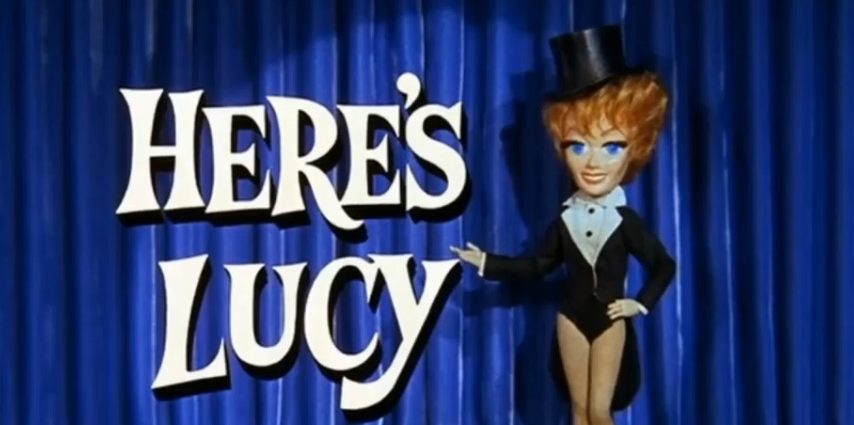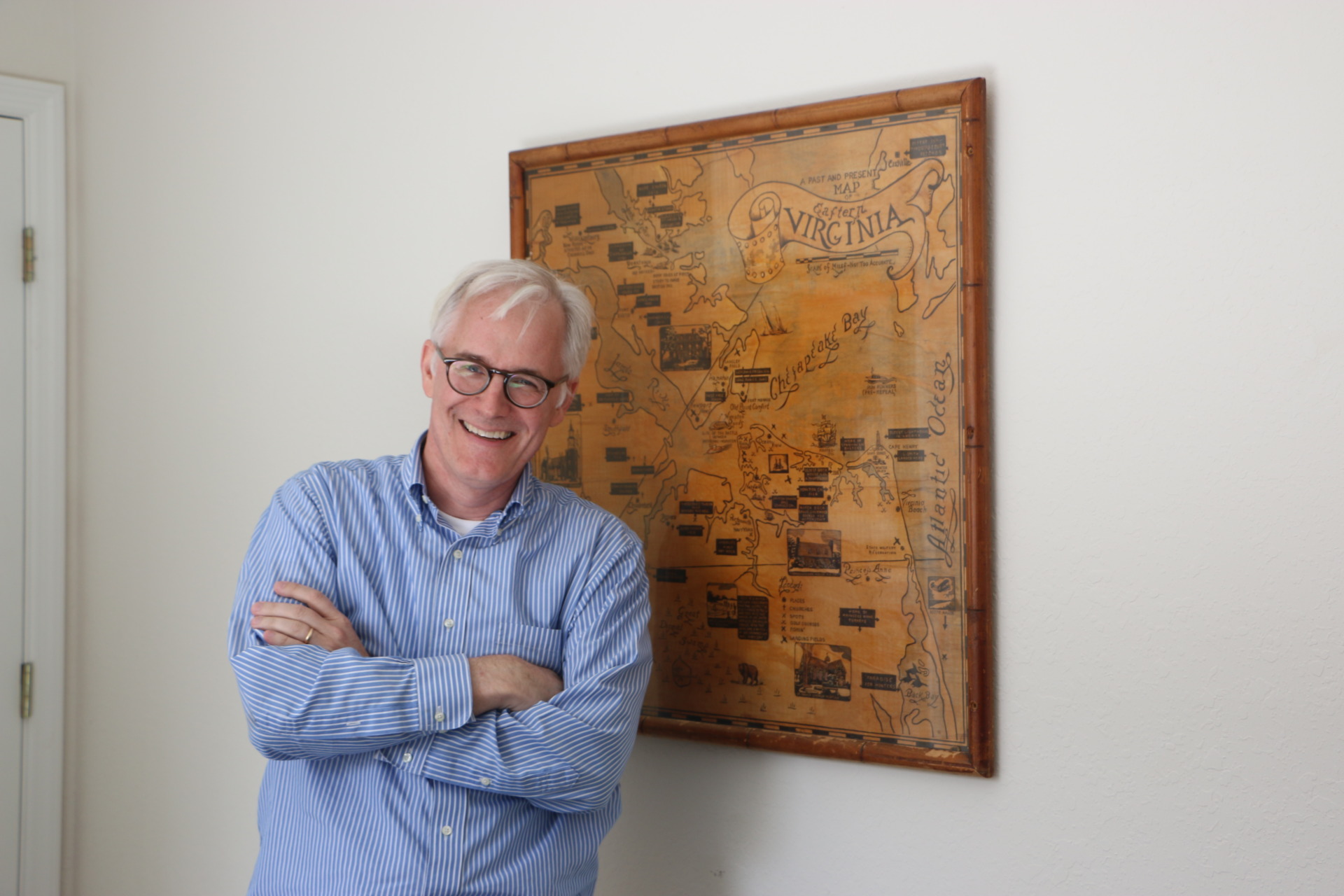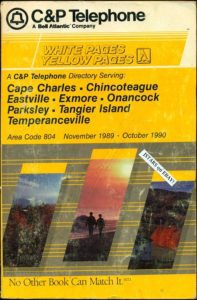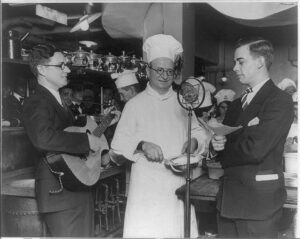

Time is a very important part of branding, whether it be time of year, time of week or time of day. As humans, while we crave variety, we are creatures of habit, and any company that pays attention can build a brand if there are specific times associated with it.But if a company screws too much with issues of time, it can mess up a brand. This is most true with media brands, but is also true of brands that need customers to do specific things on specific dates. For instance, stores have yearly sales, theme parks and countries have promotional “years” and “events” and even consumer products change their looks with the season. Airline flights and train departures at certain times each take on character; folks who fly regular routes know that on certain flights, you get a certain type of person.
Television networks began to talk about this issue when cable started fragmenting audiences, speaking of shows that were “appointment television” or shows so good, you would mark your week by them.
This issue has come up during the discussion of Conan O’Brien. We are all familiar with the issue and press attention, and there is no need to go over it anymore. Suffice to say, Conan O’Brien released a statement that The Tonight Show about the issue:
“I sincerely believe that delaying the Tonight Show into the next day to accommodate another comedy program will seriously damage what I consider to be the greatest franchise in the history of broadcasting. The Tonight Show at 12:05 simply isn’t the ‘Tonight Show.’
The idea is that if you mess with the timing too much, you confuse viewers, who often do not make the switch. Habits are ingrained, and if they have been going for generations, you really need to be careful. Some examples:
Time of Year
Each year, holiday expectations begin to assume a sort of regularity and predictability. If an event can get established a few years in a row, people get into the habit of it and begin to enjoy it, each year at the same time.
- Weather patterns, lunar schedules and such play with our sense of anticipation. We don’t always know why we feel certain ways at certain times of the year.
- In addition to the remembering the way we feel on certain holidays, we begin to associate certain times of the year with sporting events, back to school sales and such.
- One small example of this is Miss America. It lost its oomph for many reasons. One small reason was that it was usually seen in the first week of September, but NBC pushed it back a few weeks to the third week of September. This year, it airs Jan. 30, 2010. It’s on a minor cable network now. There are many ways they screwed it up, but its “brand” derived from a bathing beauty pageant, and when that connection was lost, the brand of “Miss America” was gone too.
Day and Time of Week; The Lucy Rule
When watching television programs, it’s like we all have biological clocks. Why is it that some shows do well on one night, but fail miserably other nights? Why did Love Boat do so well on Saturday Nights on ABC? Why is it that the “60 Minute Wind-down” became a Seinfeld episode and catch phrase? Why did The Brady Bunch do so well on Friday nights on ABC? It’s all about the time of week. Our society makes us do certain things at certain times; we get in habits.
- Everybody Loves Raymond, a comedy centered around an eponymous actor, thrived at 9 p.m. on CBS. It was not an irony that Raymond had the same slot on CBS as I Love Lucy had back in the 1950s. Here’s Lucy also had the same slot.
- Americans became trained to spend vast hours with professional sports on weekend afternoons, with college on Saturdays and pro on Sundays. Friday night is reserved for high schools.
- Masterpiece Theater has become fixed in its 9 p.m. Sunday slot, with over 30 years of habit around the date. PBS is smart with this; it also allows affiliate stations to air a repeat of the show when they like. The first airing is standard across the nation, building the excitement of being at the premiere. But then subsequent shows can be shown when local markets prefer.
- We got accustomed to watching Morley Safer and Dan Rather each Sunday; Sunday at 7 p.m. became the property of CBS News. Even if we don’t like the segments, we stick with it. The issue, of course, became famous in the Seinfeld “Puerto Rican Day” episode.
- Certain nights do well with certain kinds of programming. 20/20, when moved into the slot of Prime Time, lost its sense of itself when it moved away from Friday at 10 p.m. We were in the habit of the show on Fridays. The 7 p.m. Saturday period carved out a certain identity as home to syndicated shows like The Lawrence Welk Show, Hee Haw and The Muppet Show.
- Shows lose attention when they get moved around. Dateline tried to extend the franchise to three nights. It’s now one night a week. Who has looked at Dateline recently?
- Soaps have made a mess of themselves in the last decade, and many classics have disappeared. They came to their most success when they began to respond to the audiences that were at home when they were on. For instance, as more women began to work, they attracted college students in the 1980s, but by the 1990s and 2000s, were unable to hook a new generation of teens into watching the shows.
Time of Day
This is the issue that Conan is talking about. Once you get your time periods set, you want them to continue, unless there is a really good reason to change. Radio trains us this way; it’s Morning Edition in the morning; Rush Limbaugh at Noon.
- Commercials show us how to drink branded coffee in mornings, and wake to showers with certain soaps.
- Our society became accustomed to sitting down with TV trays and watching the nightly network news. Around the U.S., major markets like the network news at 7, but in the hinterlands,we like our network news at 6:30. Again, it’s habit.
- Wheel of Fortune and Jeopardy! have our minds fixed at 7 and 7:30 respectively.
- Newspapers rely on this too; once one becomes accustomed to reading a newspaper at a certain time of day, you expect it, and begin to get worried if it is too late.
As networks battle against time shifting and YouTube, they need to consider the factor that time plays on their programming. The audience is so fragmented, that most of the time, it’s not about what you are programming against but what you are programming.
But because of the clutter, you want to use every possibility where you can build an audience.








It’s actually *Morning Edition* in the morning and ATC in the afternoon.